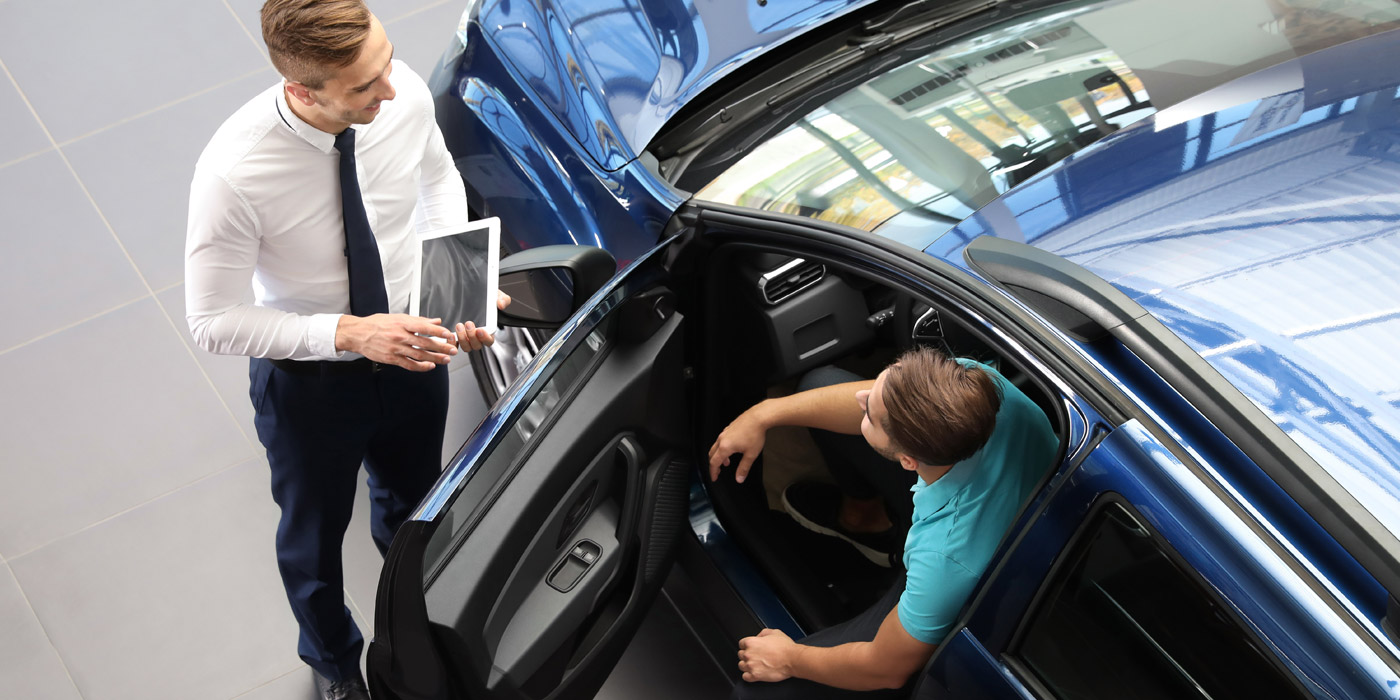Following a challenging sales environment in 2022, a noticeable recovery in the automotive sector has stabilized in 2023. This year, even as supply chain problems subsided, new challenges emerged, such as the persistent risk of a potential recession, stubbornly high inflation, increased delinquencies and a UAW strike, which may impact production and, ultimately, prices.
These challenges might cause buyers to reconsider buying both new and used vehicles. In addition, the government’s decision to reenact student loan payments might put additional pressure on new car sales, particularly among younger demographics.
However, the consumer has remained resilient since the pandemic, and there is plenty of pent-up demand for the sale of both new and used vehicles entering 2024. Dealers and lenders remain stable in capitalizing on this demand, but they also face threats in their back-office operations by keeping their workflows in a paper-based environment rather than a digital one. This can create major inefficiencies with the digital progress they’ve enjoyed in front of the consumer. The latest auto finance digital transformation index data illustrates where the industry stands in this operational journey.
Let’s take a quick look at expected sales activity for the remainder of the year, which further supports the need for more back-office digitization.
New and Used Vehicle Sales
S&P Global Mobility expects U.S. light vehicle sales to remain steadfast in a challenging environment, with year-end projections of roughly 15.2 million units, up slightly from estimates in January where industry experts initially looked at 15.1 million units. However, this projected total is up noticeably from 2022 totals of 13.4 million units.
Cox Automotive also estimates 35.7 million used vehicles will be sold in the U.S. in 2023, down slightly from 36.2 million in 2022.
Electric Vehicle Sales
More shoppers are choosing electric vehicles so far this year than ever, according to vehicle sales data from Cox Automotive. U.S. consumers purchased roughly 300,000 new battery-electric vehicles (BEVs) during the second quarter of 2023 – a new record, according to Cox.
That figure is a 48% increase over the same time in 2022, and it’s also more EVs than were sold in all of 2019. Cox Automotive expects sales of fully electric vehicles in the U.S. will surpass the 1 million vehicle mark in 2023 for the first time ever.
Digital Adoption Up Slightly Mirroring First Half Sales Activity
According to the most recent index based on second quarter data, auto dealers, service providers and lenders showed a financial digital adoption growth rate of 7% in the second quarter compared with the first quarter. The growth rate of digital adoption was up slightly in the first half of the year, mirroring the slight uptick in overall vehicle sales activity. However, historically after the first quarter spike the data historically show a new plateau of digital adoption, which appears to be the case again in 2023 and consistent with the previous four years. It is becoming apparent that this annual plateau is becoming a seasonal “norm” for the industry.
In comparing year-over-year data for the second quarter, the volume of digital adoption was up slightly at 2% compared with a year ago. The trailing 12-month rate increased 13%, a good sign of market stability and recovery despite the second quarter YOY slight uptick.
The industry is beginning to see budgetary pressures of continued sluggish auto sales impact the adoption rate of digitized back-office workflows for many lenders and dealers here in the mid-way point of 2023. Many lenders and dealers are now understanding that the industry continues to see great value and need to digitize all aspects of the loan and contract phases for both originations and securitization, especially since there are greater efficiencies realized when digitization is experienced along the entire journey, not just up front for the consumer.
Digital Adoption Mostly Flat for Securitization Markets
The most recent Index data also shows that the digitization adoption rate for auto loan securitization markets has remained mostly flat, with the number of transactions nearly at and on par with the second quarter previous year levels and in line with expectations. Overall, the number of transactions over the last three years are still trending slightly down and in line with market conditions.
The longer dealers and lenders remain in a paper-based operational workflow environment, the more inefficiencies and compliance risks they face. They have made great strides in creating a digital-first experience in front of the consumer, but when they transition to a paper-based operation with contracting and other back-office documents, they reduce the opportunity for greater efficiency and the ability to preserve profits by mitigating compliance risks.
We still have a very paper-driven culture in automotive, wrought with risk and liability for everyone involved. We now need to continue to shift focus to digitization as a solution for the risk and liability we have in the transaction around use of paper and management of original documents, to find end-to-end solutions that eliminate the need for paper.
Tim Yalich is head of automotive strategy for Wolters Kluwer, a global provider of professional information, software solutions and services for the automotive and auto lending industries. For more information, visit www.wolterskluwer.com.













